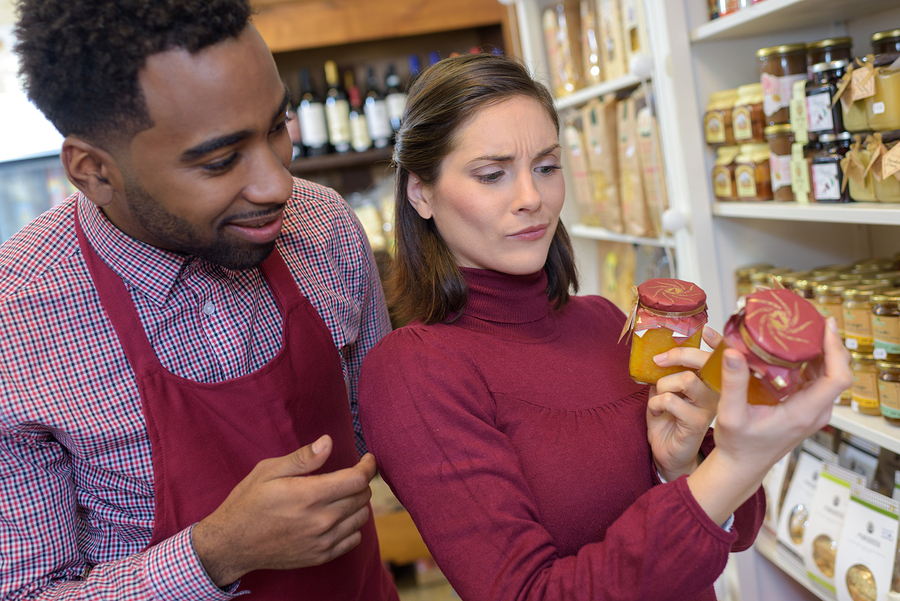 If you see “organic” in a product label, there’s a good chance it’s not organic. If you see “natural” in a product label, there’s an excellent chance it’s anything but natural.
If you see “organic” in a product label, there’s a good chance it’s not organic. If you see “natural” in a product label, there’s an excellent chance it’s anything but natural.
These are just a couple of issues that the Federal Trade Commission seems to have on its radar as a crackdown on bogus marketing claims may finally be underway. In 2016, false advertising suits challenged marketing claims made my makers of oatmeal, fruit juices, deli meat and other products, according to Advertising Age.
In fact, Quaker Oats was sued when pesticides were found in its oatmeal even though it was marketed as “100% natural.” The lawsuit says the claim was false and misleading. Gee, you think so?
Ads for dietary supplements, weight loss products (don’t even get me started), personal care products, and health monitoring devices are also under closer scrutiny.
Why is this happening? People like you and me are fed up. We’re making our voices heard. And we’re not rewarding these companies with our business and letting them profit from making us sick.
Even the FDA is reviewing its definition of “natural” because we’re smart enough to know that things like genetically modified organisms (GMOs) and high fructose corn syrup don’t fall under the “natural” umbrella. Not even close.
We’ve made progress, but we have a long way to go to get rid of bogus marketing claims and reverse the trend of chronic illness.
Remember, the big money food manufacturers won’t go down without a fight. In fact, the Chicago Tribune reported that Tropicana is trying to reverse declining orange juice sales. The reason for the decline? More people realize that most orange juice is just another sugary beverage.
So how will Tropicana look to boost sales, particularly among health-conscious millennials? Not buy developing healthier products, but with marketing. Lots and lots of expensive marketing.
And who owns Tropicana? Pepsi.
Fortunately, a Nielsen study shows that people are doing more research and paying more attention to ingredients than misleading marketing claims. Some of the encouraging data from this study includes:
Unfortunately, sales for items marked “natural” are up 4.2 percent. As a point of reference, chicken nuggets, Cheetos and Gatorade all include “natural” on the packaging.
Instead of falling for the claims made on signs and in commercials, go online and do your own research about the food you buy and where it came from.
Instead of falling for the claims on the front of a product’s packaging, make purchases based on the ingredients listed on the back.
As the Nielsen study says, the healthiest foods – fresh fruits and vegetables – have no labels.
Hopefully, food retailers and suppliers will someday respond by becoming sources of information instead of trying to deceive us with misleading hype. Realistically, it’s up to us to take control of our health and the health of our families. Health literacy is the key to longevity, so let’s take it upon ourselves to know what’s healthy and what’s not.